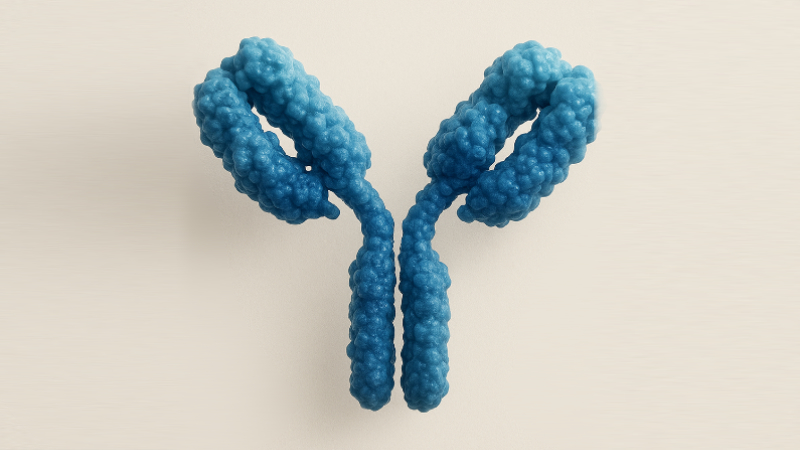AUTHORS
Mozgovicz, M., Jungbauer, A., & Lingg, N.
Accurate and rapid quantification of immunoglobulin G (IgG) is critical in the manufacturing of plasma-derived therapeutics. This study addresses the limitations of traditional methods like nephelometry by validating a high-performance affinity chromatography method. Researchers developed and partially validated a simple bind-elute protocol using a POROS CaptureSelect FcXP stationary phase. The method demonstrated excellent performance for direct IgG quantification from human plasma, achieving a cycle time as short as 2.5 minutes. It showed strong linearity over a range of 4 µg to 260 µg, with high precision and an average recovery of 99%. Crucially, the analysis speed could be doubled from a 5-minute to a 2.5-minute cycle without compromising analytical quality. This validated, high-throughput method presents a powerful alternative for at-line process monitoring in biopharmaceutical production, enabling more efficient process control.
The production of plasma-derived biopharmaceuticals like intravenous immunoglobulin G (IVIG) demands robust analytical methods for process control. Addressing the limitations of traditional assays such as nephelometry, affinity chromatography offers a promising alternative. In a recent publication in Preparative Biochemistry & Biotechnology, researchers Markus Mozgovicz, Alois Jungbauer, and Nico Lingg from the Department of Biotechnology and Food Science at BOKU University and the Austrian Centre of Industrial Biotechnology (acib), both in Vienna, Austria, report the partial validation of a highly efficient method for rapid IgG quantification.
Methodology and performance
The study leverages the POROS CaptureSelect FcXP affinity resin, a stationary phase with a rigid, large-pore backbone that is optimized for speed and analytical performance. The authors developed a simple bind-elute chromatographic method and critically evaluated its performance by reducing the total cycle time from 5 minutes to just 2.5 minutes. The validation, conducted according to ICH guidelines, demonstrated the method’s fitness-for-purpose in analyzing complex human plasma samples.
Key performance characteristics include:
- Linearity across a wide analytical range from a lower limit of quantification (LLOQ) of approximately 4 µg to an upper limit (ULQ) of 260 µg of injected IgG.
- High precision, with relative standard deviation (%RSD) values below 7% at the LLOQ and as low as 1.3% at the upper range.
- Excellent accuracy, demonstrated by an average recovery of 99% in plasma samples, indicating minimal interference from the complex sample matrix.
Significance and industrial application
The significance of this work, conducted entirely by the Austrian research team, lies in its direct applicability to industrial bioprocessing. The validated 2.5-minute assay is ideally suited for at-line monitoring and in-process control (IPC) during large-scale manufacturing, such as the Cohn fractionation of blood plasma. This capability allows for near real-time process adjustments, improving yield and batch consistency. The study provides the biopharmaceutical industry with a powerful, high-throughput analytical tool that can streamline quality control and accelerate process development for essential plasma-derived medicines, reinforcing Austria’s contribution to advanced bioprocess technology.
